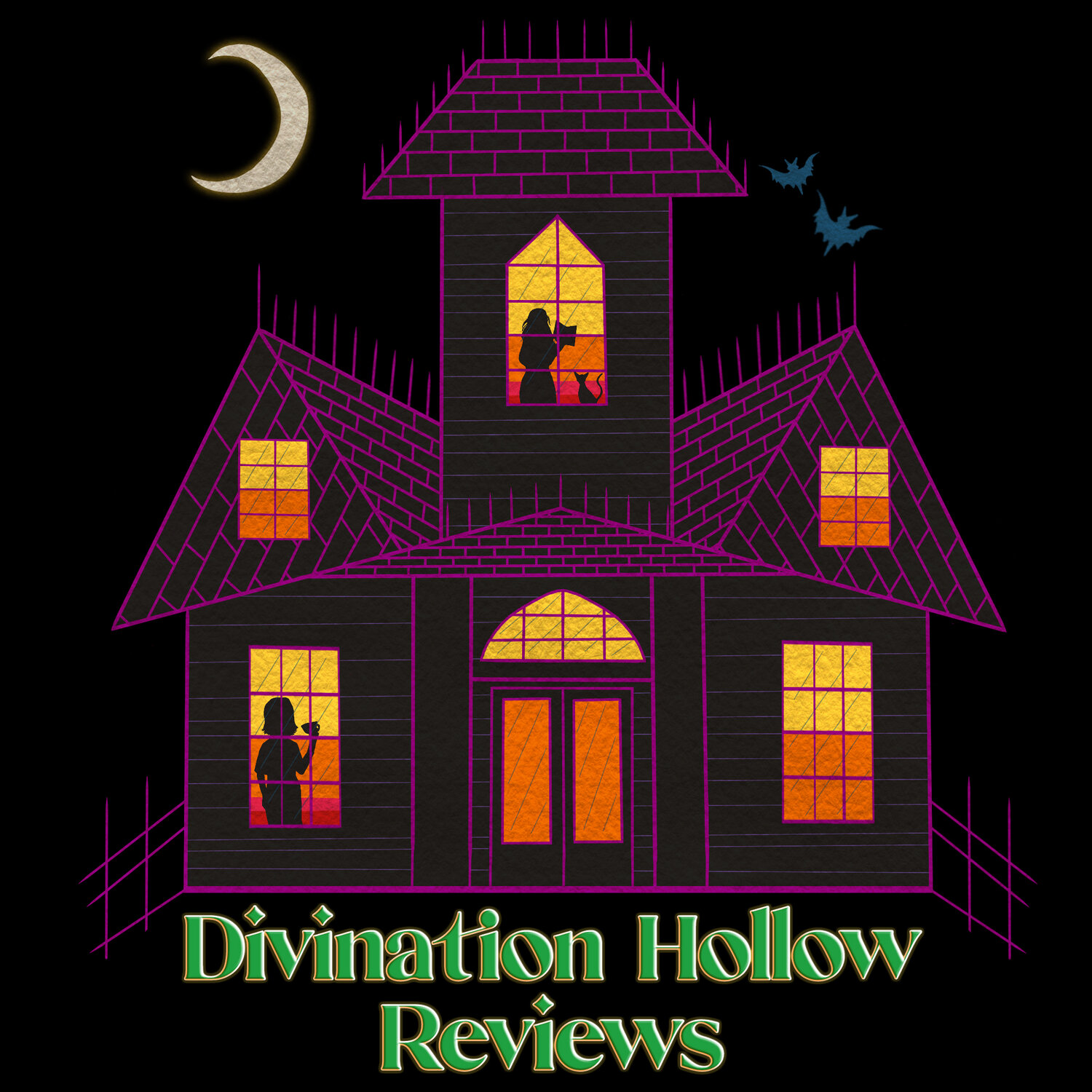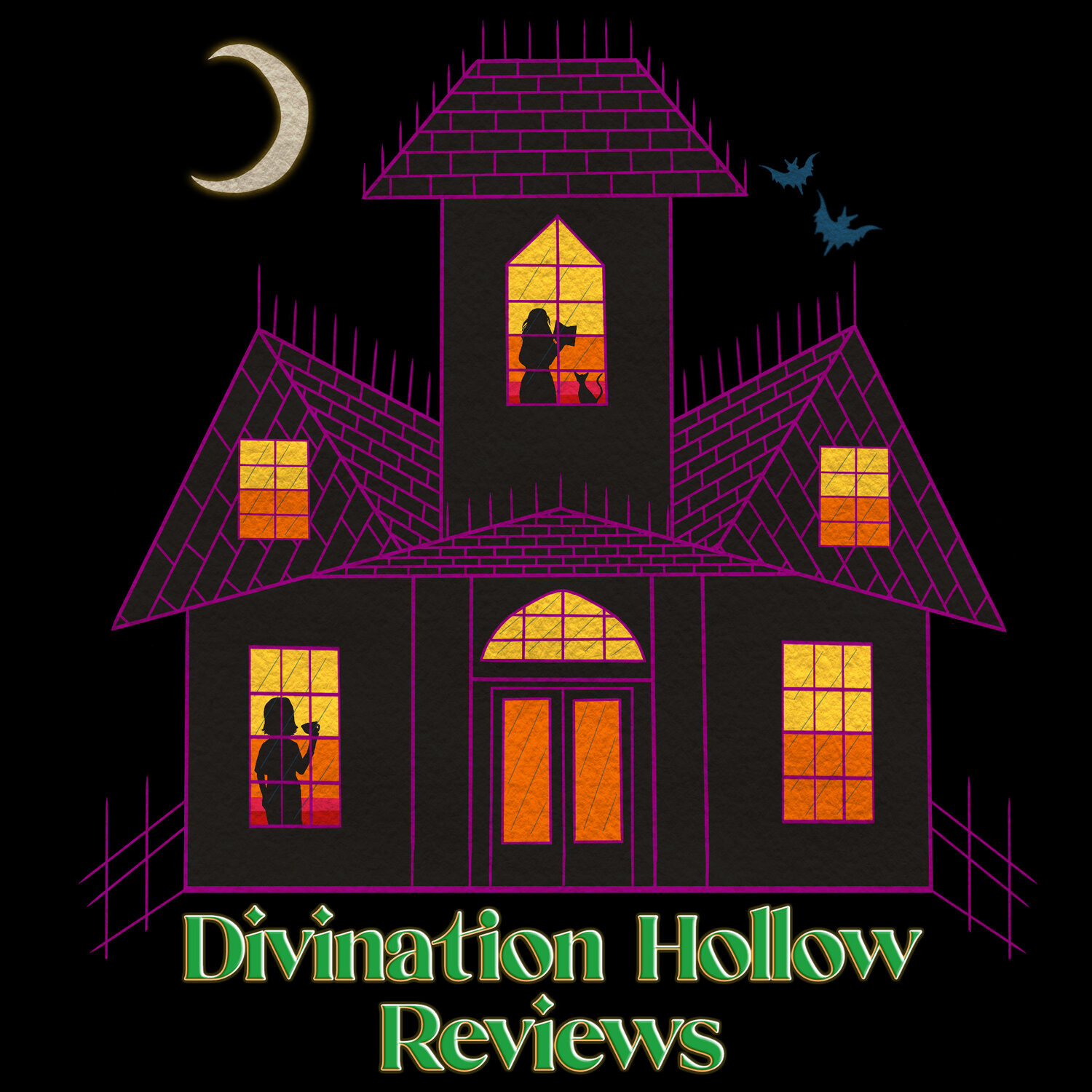On Heritage
Welcome to our 2nd Annual Birthday Bash as Divination Hollow Reviews!
We’ll be celebrating all month long with a series of posts by our team and esteemed colleagues and this year’s theme is “Going to the Movies!” Join us as we share themed content with special “tickets” for each category inspired by cinema.
Celebrate with us!
A Note on Heritage
Let me preface this by saying, I love Americans. Well, I love my American friends, and I love the Americans I’ve come into contact with via DHR, or Esbat, or my own blog, or my editing. And don’t get me wrong, there are British ‘traditions’ and attitudes that leave me absolutely baffled at times, but the thing that really stands out to me with some US folks is this way they cling to the word ‘heritage’.
I am not talking about those who have immigrated or whose family immigrated from places like South America, or those whose ancestors were cruelly taken from Africa or immigrated in more recent years. Folks who call themselves Asian American, African American, etc – that I understand.
I mean those who often come from families who went over to America from Europe, from places such as the UK, prior to, say, 1900, just to put a date on it. Partly because at that point, without active effort on the parts of many family members, a lot of that culture from the ‘home country’ gets lost. Not deliberately! And not always! But there’s also an issue of that culture changing since that family first arrived. If, say, I had an ancestor who travelled from Wales to America in the 1800s, Wales would be vastly unrecognisable to them today, in the same way the States would be unrecognisable if you lifted one of the original colonizers out of their time and put them there now.
Something I find interesting: people seem much more keen to claim to be Irish American, Scottish American, or Welsh American than English American. Which seems weird! Because it speaks – possibly - to an idealised view of the UK. Maybe there’s a sense that ‘English’ means colonizer, whereas the others don’t, which is fundamentally wrong. Or maybe there’s an element of romanisation with Celtic cultures, but if you think the Scottish, Irish and Welsh culture is the same, you’d, well, be wrong. Even the various languages are completely different – no, friends, Gaelic is not the same as Welsh, and it’s not the same as Irish, either. It could also be that many Americans think English = British, or don’t think ‘English’ is as special as the others.
Anyway. It’s important to note I am speaking to this from a purely Welsh perspective; I cannot speak for people in Ireland, Scotland, or other parts of Europe, or any other country. But it feels like, in recent years, Wales has become more ‘known’. It’s sparked a bit of an interest, and more people are acknowledging the country’s existence. There’s so many factors to this it would be hard to go into them all, but there’s definitely a special thank you for Ryan Reynolds and Rob McElhenney.
Of course with this kind of acknowledgment comes interest in things like myths and folklore. Which is great, of course. But you can’t just look at one part of a country’s culture and lift it, no matter where your family comes from. It’s all well and good parading around with a Mari Lwyd, but you also need to make sure you’re not butchering the language if you decide to try and use it. This goes for anything, and what it ultimately boils down to is respect.
The point being, just because your family came from a particular area, does not give you an automatic right to claim that culture or to lift it for your own writing. I’m not saying you can’t be interested in it, and actually, if you are, brilliant! But if you say “Oh yeah, I’m Welsh” yet look blankly if someone says “Cymru”? There’s something wrong there.
Here’s the thing: as a country, we Welsh don’t gatekeep anyone. If you want to visit here, do it, as long as you’re respectful. If you have a genuine interest in the culture, the language, the folklore – that’s great! If you wake up one day and decide, “I am really drawn to that tiny country that sits next to England, I’m going to start learning Welsh/read the Mabinogion/move there”, we will embrace the hell out of you, no matter where your ancestors came from.
As always, I am not saying “you absolutely cannot write x”. I am not saying you can never look to the folklore, traditions, and mythology of other countries or the country where your ancestors came from, and I am not saying you can’t use these for inspiration in your own work. What I am saying (or trying to say) is, essentially, it doesn’t matter if your ancestors came from a particular place or not, because if you do your research, if you treat the things you come across with respect and refrain from joking about the language, go right ahead! And ask the questions you want to, visit us if you can, but don’t do it because someone you never met came from here, do it out of sheer love, whether you have Welsh heritage or any other heritage, if you embrace Wales, we’ll embrace you right the hell back.
By Elle Turpitt
Twitter & Instagram: @elleturpitt



